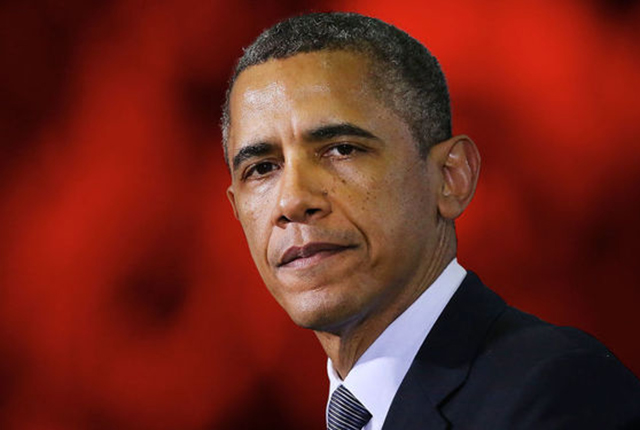City to take lead in fighting typhoid


Dr Parirenyatwa
Paidamoyo Chipunza: Senior Reporter
At least 80 percent of typhoid and diarrhoeal diseases that occur in the country emanate from Harare, Health and Child Care Minister Dr David Parirenyatwa has said.Speaking in an interview after a national typhoid meeting that took place in Harare yesterday, Dr Parirenyatwa said since most cases were occurring in the capital, the local authority will take the lead in addressing sewer bursts, illegal vending, clean water supply and refuse removal in most affected suburbs.
“They (Harare City) have presented to us a design for the new Mbare market, which they will be working on as soon as possible and we also expect the Ministry of Small to Medium Enterprises to give us a plan on how they are going to deal with illegal vending in the city,” he said.
“We also roped in the Ministry of Home Affairs, which will also present a plan on how to enforce existing rules and regulations concerning illegal activities taking place in the city.”
Dr Parirenyatwa said the ministries of Environment, Water and Climate, Local Government, Public Works and National Housing and Defence will also play their part. He said while Harare would take the lead in the fight against typhoid, Ruwa, Norton, Chitungwiza and all other local authorities countrywide were expected to provide similar plans to the national command centre.
“Where there is need, the taskforce will send its representatives to assess the situation before it gets out of hand,” said Dr Parirenyatwa.
He said while typhoid was now under control, the latest move was precipitated by the continual deterioration of sanitary services throughout the country, giving rise to outbreaks of sanitation-related diseases such as typhoid.
The typhoid taskforce comprises ministers, permanent secretaries, technocrats from all relevant ministries, Environmental Management Authority and the Zimbabwe National Water Authority.
Since December 25 last year, two people have died of typhoid and nearly 200 others were treated after being suspected of having been affected, while about 30 cases were confirmed.
Typhoid, caused by the salmonella typhi bacteria, is a water-borne disease which spreads through contaminated water and poor sanitation facilities.









Comments